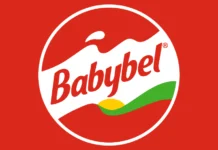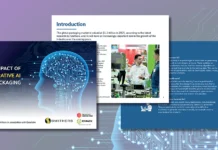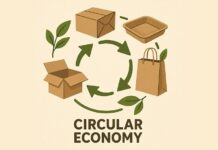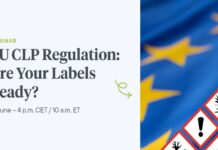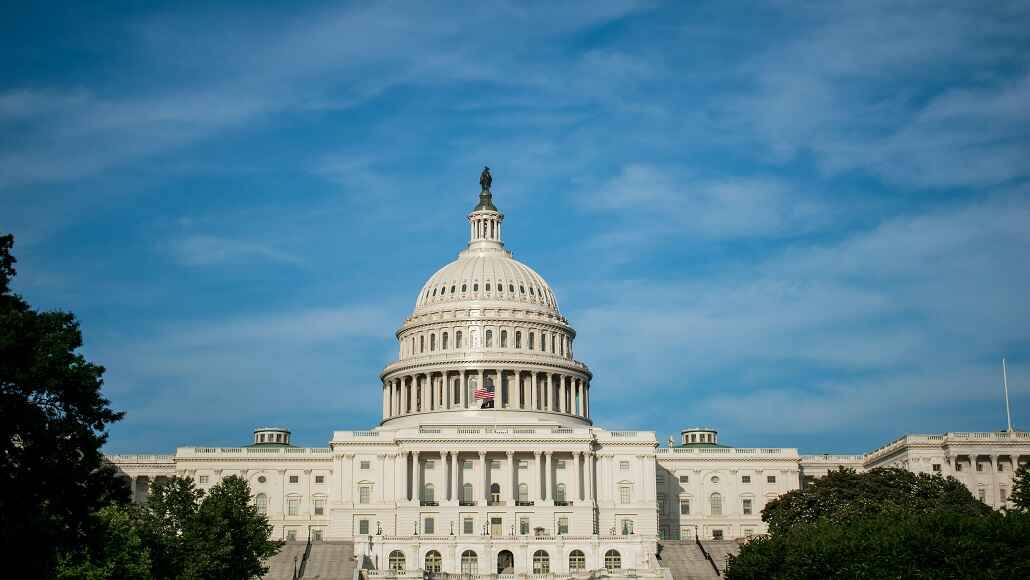Packaging stakeholders who happen to be representing plastics and aluminum as well as flexible materials have dominated the list when it comes to supporters of a bill introduced in the US House of Representatives that could very well establish US EPA grants that are aimed at enhancing access as far as recycling is concerned in areas that are undeserved, including rural communities.
There would be grants amounting to between $500,000 and $15 million, which could be awarded to states, local governments, tribes, and even public-private partnerships for projects that could enhance the number of transfer stations, expand curbside recycling programs, or even decrease expenditures in terms of collecting and transporting recyclable materials.
The Recycling Infrastructure and Accessibility Act, or RIEE, was introduced initially in 2022 and thereafter again in 2023. This bill, in addition to the Recycling and Composting Accountability Act, was ultimately passed through the Senate but not the House. These two bills were included in a wider federal budget bill in December 2024 that went on to stall, not making it into a government funding deal. Both these bills are again in play in the Senate under bipartisan strategies to eliminate waste and accelerate recycling development or also called the steward act. It was introduced in February 2025.
The push when it comes to the EPA-established pilot program comes as the agency happens to be shrinking, with the White House eventually foreseeing a possible spending cut of almost 65%.
However, the lawmakers doubt probable economic advantages by way of boosting the infrastructure.
Conservative Climate Caucus chair Miller-Meeks, in a statement, said that with increased rural recycling, America can as well decrease its dependence on foreign nations by way of keeping more secondary aluminum as well as many other recyclable products within the supply chain.
Packaging groups highlighted the probability of enhancing circular outcomes when it comes to their packaging designs and also reclaiming more materials. At Kraft Heinz, its president of R&D in North America, Robert Scott said that they aim to make their packaging more reusable and recyclable as well as compostable, since they recognize that it is not just about designing the right packaging. They must also focus on broadening the recycling access so as to help divert much more recyclables coming from the landfill.
As per the company’s most recent ESG report, which covered 2023, it considered 87% of the packaging to be recyclable, reusable, or compostable. The company also noted that the remaining part of its entire portfolio is largely flexible & film materials, which are valuable in terms of food packaging, but they are not well managed by existing infrastructure in terms of recycling.
It is well to be noted that the Flexible Packaging Association trusts RIAA can very well enable the US EPA grants to discover new ways in order to retrieve the critical feedstock.
The CEO of FPA, Dan Felton, said that one instance of a positive result for flexible packaging can very well be public-private partnership work, which supports the store drop-offs.
Notably, aluminum stakeholders, such as Novelis, the Can Manufacturers Institute, and the Aluminum Association, as well as can maker Ball, all went on to register their support.
The vice president of government relations at Ball, John Campbell, went on to call the legislation a crucial step to improve recycling rates across the US and also capture the almost $1 billion market of recyclable aluminum beverage packaging, which ends up in the landfill every year.
CMI also underscored in an email that recycled cans go on to serve as a domestic source when it comes to critical material by decreasing dependence on imports and also creating a resilient supply chain.
SC Johnson, the consumer product company, sees a promise in it as per its CEO, SC Johnson. They are hopeful that this bill will be a prominent catalyst when it comes to additional policies such as extended producer responsibility so as to raise recycling rates and also contribute towards a circular economy.
Johnson went on to testify before the Senate Committee on Environment and Public Works in 2024, advocating for packaging EPR to be taken care of at the national level. He said at that time that one needs federal regulation so as to avoid overregulation by expressing his urgency to get ahead of the emerging state policies.
The Plastics Industry Association went on to praise Steward & RIAA, with its CEO, Matt Seaholm, stating that legislative initiatives like these go to represent a critical growth towards attaining a circular economy by keeping valuable resources in use and also fostering innovation. coming up with jobs and boosting the US manufacturing sector.





